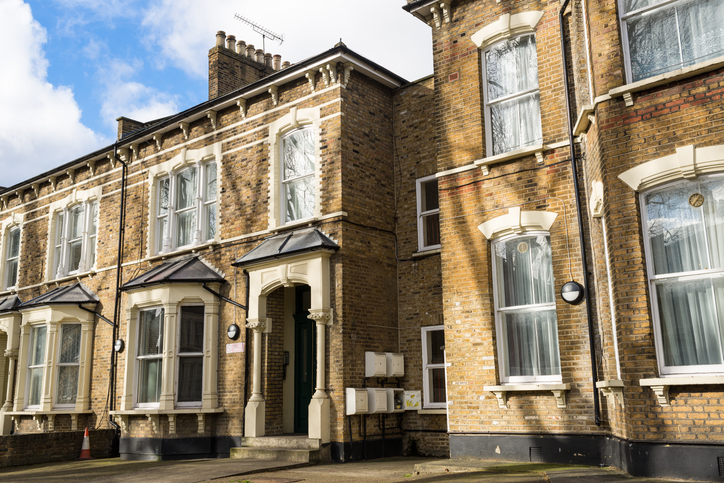The size and role of the private rented sector (PRS) has increased exponentially over the past 30 years; there are currently 11 million private renters and 2.3 million landlords in England alone.
In September 2024, the new Labour government announced the introduction of the new Renters’ Rights Bill into Parliament, aimed at reforming the private rented sector and strengthening renters' rights.
The Bill was set in motion by the previous Conservative government, after it was first proposed in May 2023, but there had been various delays to its implementation.
The legislation seeks to bring in a better deal for renters and ensure homes meet basic standards. Key aspects include abolishing “Section 21 no-fault evictions,” rent increases mid-tenancy, fixed-term assured tenancies, and assured shorthold tenancies. While the reforms are intended to offer greater protections for tenants, they also bring significant changes for landlords.
Here are 9 key changes proposed by the Renters’ Rights Bill
-
Abolishment of no-fault Section 21 evictions
One of the most-discussed elements of the Bill is the ending of Section 21, also known as no-fault evictions for new and existing tenancies. This means landlords will need a valid, legal reason for ending a tenancy, such as unpaid rent or wanting to sell the property. Its aim is to provide more security and stability for renters, but landlords will need time to adjust.
-
Banning of rental bidding wars
This introduces new laws to end the practice of rental bidding wars by landlords and letting agents. Landlords and agents will be required to publish an asking rent and will be banned from accepting or encouraging bids above this amount.
-
Banning of in-tenancy rent increases written into contracts
Landlords will only be allowed to increase rent once a year, and the increase must align with market rates. This will prevent unfair rent hikes mid-tenancy and help provide stability for tenants.
-
Creation of a new PRS Database to help landlords and tenants
A new PRS database will help landlords understand their legal obligations and demonstrate compliance, while also providing better information to tenants to make informed decisions when entering tenancy agreements.
-
Abolishment of rental discrimination against tenants with children or those in receipt of benefits
This reform aims to ensure everyone is treated fairly when seeking housing, prohibiting landlords from issuing blanket bans against certain groups, particularly the most vulnerable.
-
Application of “Awaab’s Law” to the PRS
Named after a child who died due to mould exposure in rented housing, this sets legal expectations about the timeframes landlords must adhere to for addressing serious hazards to ensure homes are safe.
-
The right for tenants to request a pet
Tenants will have the right to request a pet, which landlords must consider and cannot unreasonably refuse. Landlords can require pet insurance to cover potential damage, and tenants can challenge unreasonable refusals.
-
Application of a Decent Homes Standard to the PRS
The Decent Homes Standard, already applied in the social rented sector, will also apply to private rented homes. This standard ensures homes are safe, secure, and free from serious health and safety risks.
-
Support for quicker, cheaper dispute resolution
The Bill proposes a government-approved PRS ombudsman to handle disputes between landlords and tenants, offering a faster and cheaper alternative to court. The ombudsman would have the power to enforce remedial actions and compensation.
These changes reflect the government’s commitment to improving standards across the housing market and are likely to make a lasting impact on how rental properties are managed in the country.
The Bill also benefits landlords by introducing a digital PRS database, providing a “single source of truth” for landlords, tenants, and local councils. This will assist landlords in understanding their responsibilities and proving compliance with new rental standards.
Additionally, the proposed ombudsman service could help landlords resolve disputes faster and more cheaply than through the court system.
The Bill has not been passed yet, so some minor amendments are expected as it continues its journey through Parliament.
Looking for more? Register your interest in the Landlord Leaders Community - a membership group focused on creating a fairer and more sustainable Private Rented Sector.
Guide to the Renters’ Rights Bill: https://www.gov.uk/government/publications/guide-to-the-renters-rights-bill
 By :
By : 
Comments
Complete the form on this page to submit your comment, and register your interest in the Landlord Leaders Community.